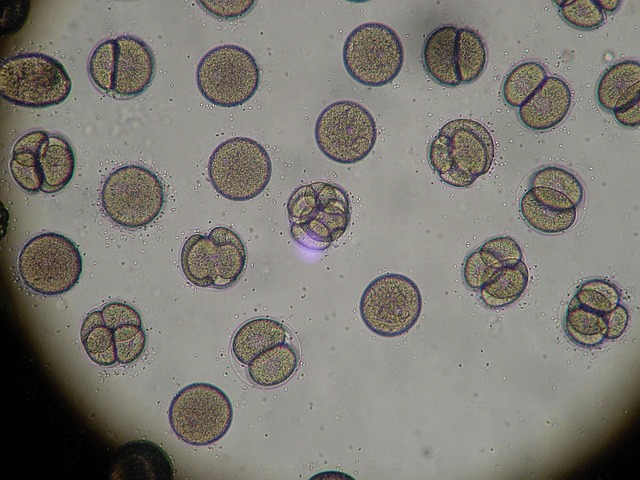Polygenic traits should not be used for selecting embryos
/The article below is an important perspective on the troubling potential use of polygenic trait scores to select embryos, written by one of the directors of the EMBL-EBI on his blog. Polygenic traits are directly affected by several loci and typically exhibit phenotypes that have continuous distributions, such as intelligence and height. While some pretty obvious arguments can be made for why using polygenic traits for selecting embryos would be immoral, this article helps to make clear that it would also likely be an ineffective way to guarantee your child has a certain height and IQ.
Polygenic trait scores, their value to medicine and for making predictions about humans, is being discussed very actively right now. Some of the most exciting, real-time conversations about polygenic traits and polygenic risk scores are happening on Twitter in real time. I strongly encourage you to follow Ewan Birney (@ewanbirney) and Cecile Janssens (@cecilejanssens) professor of translational epidemiology at Emory University, for her consistently clear and insightful comments on how we interpret whole genome data.
Why embryo selection for polygenic traits is wrong.
MAY 26, 2019 BY EWANBIRNEY
This week (May 20th 2019) has seen yet another splash by an American company offering a polygenic trait score on embryos including intelligence. This is wrong on a number of levels; ethically it is wrong to make this decision as an independent laboratory without broad societal buy in; scientifically it is wrong to imagine the ways we assess polygenic traits will translate into safe and effective embryo selection; for the specifics of IQ/Educational attainment trait this trait is so complex this is additionally unwise over and above any concerns.








